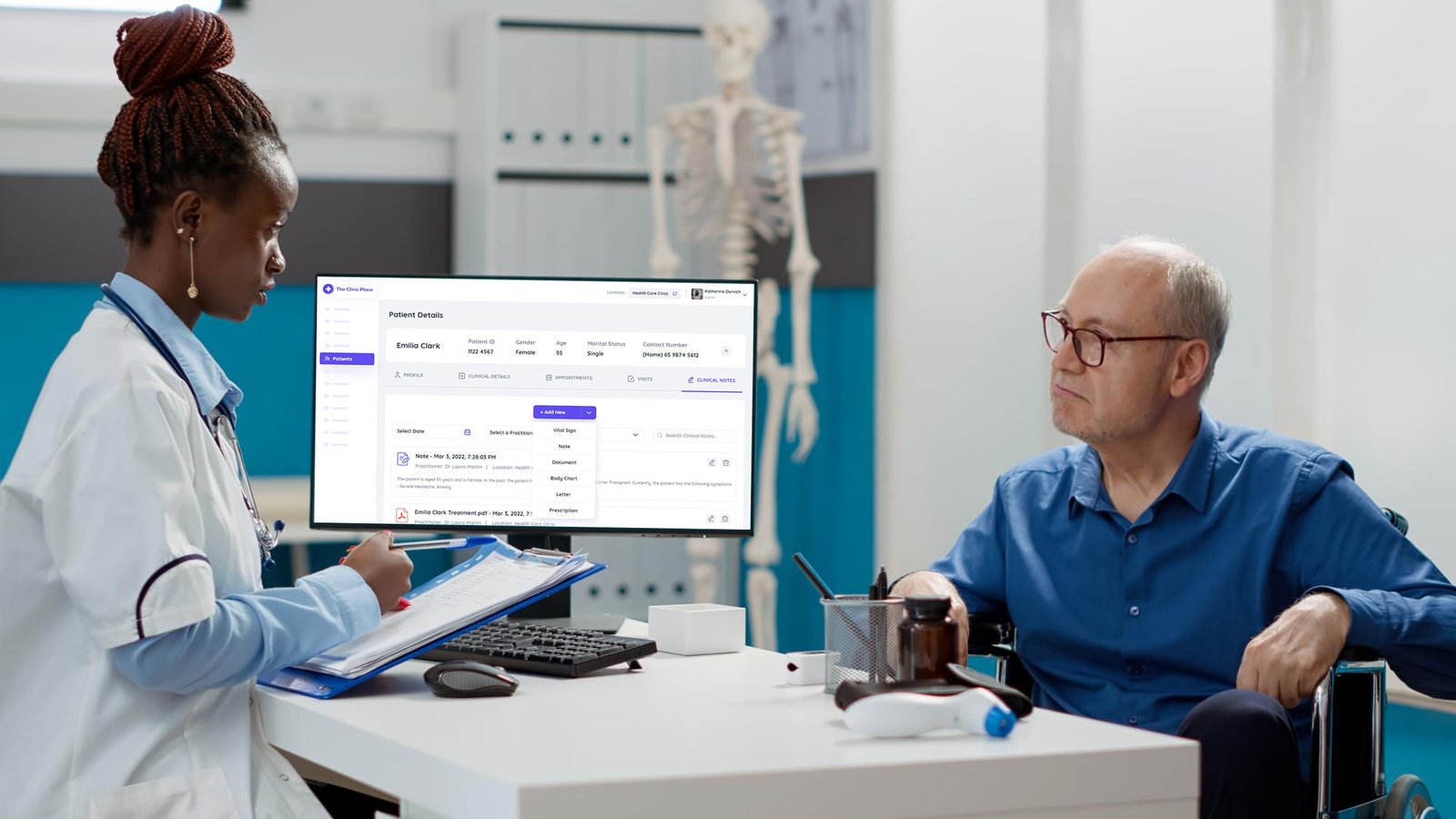5 Tips for Dealing with Difficult Patients in the Clinic Setting
The Clinic Place Team
For clinic owners, doctors, and employees, dealing with difficult patients and handling disputes in the workplace can be difficult. It’s critical to have plans in place to deal with these circumstances skillfully and keep a healthy, professional environment.
Here are some pointers for dealing with challenging clients and settling disputes in a clinical setting:
- Maintain composure and professionalism: It’s crucial to maintain composure and professionalism, even while interacting with challenging patients or conflict. By doing so, you can stop the situation from getting worse and better manage it. Even if the patient is unhappy or irate, take a deep breath and attempt to maintain your composure. Keep in mind that the patient probably needs support and assistance, and it is your responsibility to give it to them as effectively as you can.
- Listen and empathize: It’s critical to pay attention to the patient’s worries and make an effort to comprehend them from their point of view. Understanding and demonstrating empathy can assist in defusing the situation and enhancing the patient’s experience. Active listening strategies, such as repeating back what the patient has said to demonstrate that you have heard and comprehend their worries, may be used in this situation.
- Establish boundaries: It’s crucial to create expectations for conduct with patients and set clear boundaries. By doing so, you may keep a work climate that is respectful and professional while also preventing conflicts from emerging. To assist avoid misunderstandings, you might want to establish rules around cell phone usage or appointment cancellations.
- Employ conflict resolution strategies: You can use a variety of conflict resolution strategies to manage disagreements in a clinical setting. They might include compromise, assertiveness, and active listening. Compromise is coming up with a solution that satisfies the demands of both parties, whereas active listening entails giving the patient’s problems your complete attention. Being assertive entails respecting the patient’s demands and boundaries while sticking up for your own.
- Get assistance: It’s critical to ask for assistance from coworkers or a supervisor if you are having trouble with a challenging patient or handling a quarrel. They might be able to offer you more information or a different point of view to assist you solve the problem. In order to avoid burnout and preserve your wellbeing, it’s also critical to exercise self-care.
You may assist ensure that you can handle challenging patients and disagreements in the clinic setting by adhering to these suggestions. Keeping a happy and professional attitude is essential to giving your patients high-quality care. Keep your cool, sympathise with others, create boundaries, employ conflict resolution methods, and seek support. Using these tactics can aid in developing a pleasant and upbeat clinic atmosphere that draws in and keeps patients.
You may also like these articles!

Streamline Your Clinical Documentation with SOAP Notes
Share via:Clinical notes are a crucial tool for recording patient visits and giving a history of the care given. In a clinical context, SOAP notes are a standard format for recording patient encounters. Subjective, Objective, Assessment, and Plan make up their four fundamental structural pillars. These are some possible models for clinic clinical notes: Subjective: […]
The Clinic Place Team

Electronic Health Records and Clinical Decision-Making: How Data is Changing the Way Doctors Treat Patients
Share via:EHRs make medical histories, prescriptions, allergies, and test results easily accessible to doctors, changing how they treat patients. This information is very important for making clinical decisions because it helps doctors choose the best diagnosis and treatment options. One of the main benefits of EHRs is that they can make patients safer. EHRs can […]
The Clinic Place Team

AI and the Health Industry: How Technology is Transforming Patient Care
Share via:In a number of ways, artificial intelligence (AI) is altering the way we think about healthcare, from enhancing diagnosis and treatment planning to streamlining administrative duties. There are many possible uses for AI in healthcare, and it is obvious that this technology has the ability to completely change the way we provide patient care. […]
The Clinic Place Team